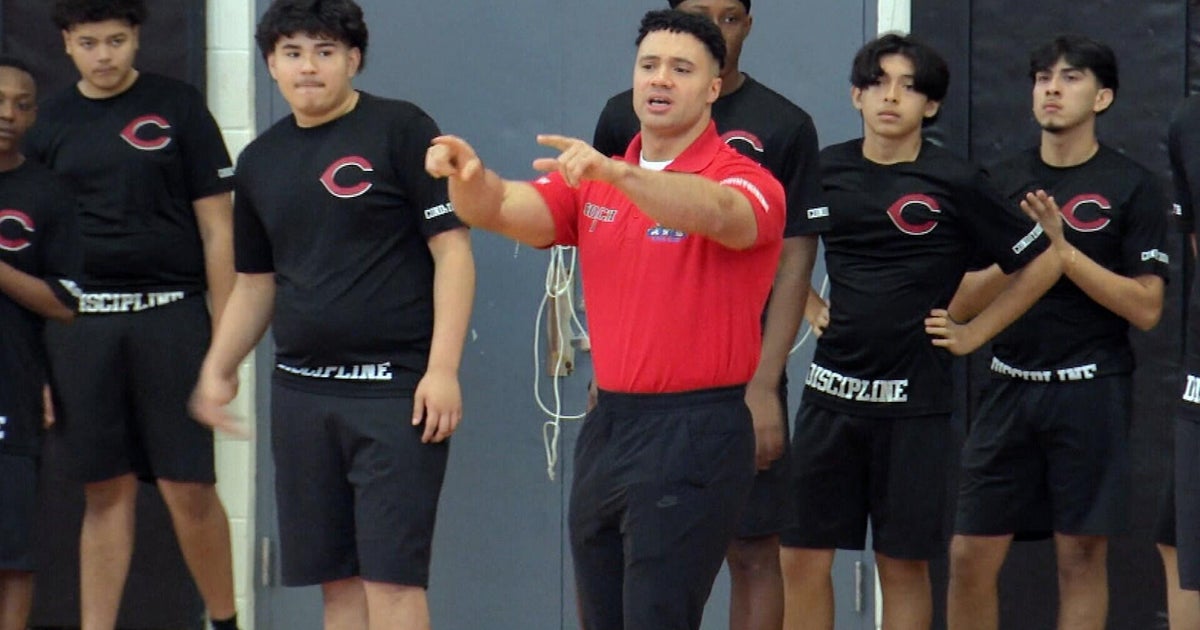Tech makes it easy for parents to snoop on their kids – but should they?
It’s an age-old issue — parents snooping around to find out what their teenagers are secretly up to. Now technology has opened up whole new opportunities for both keeping secrets and snooping. So what are parents to do? CBS News contributor and psychologist Lisa Damour says that while parents might think they’re in the right keeping tabs on their teens’ digital lives, their kids might not respond well to this kind online snooping.
“The impulse to snoop, like every other questionable parenting choice, almost always comes from a loving and protective place. Rather than giving into it too quickly, though, we might treat the urge to spy as a reminder to reflect on where we stand with our teenagers,” Damour wrote in a recent New York Times article. “Do we trust them, and do they trust us? If not, what steps could we take to arrive at a heartfelt yes?”
Damour spoke with “CBS This Morning” Friday about the tricky tightrope concerned parents walk when wanting to know more about their children’s online behavior.
“Well, first let’s say what snooping is: it’s monitoring without telling them you’re monitoring. It’s going under the table,” she said. “So, already, we are starting to compromise questions of trust. So we want to be really careful when thinking about snooping.”
Tracking what kids do online is pretty common. A 2016 Pew Research Center study found that 61 percent of parents check their kids’ web histories, 60 percent monitor their teens’ social media, and 48 percent have looked through their children’s text messages and phone call records.
Damour stressed that it’s important for parents to reflect on the fact that just because a teen might want their privacy doesn’t automatically mean that he or she is “up to something.”
“Research also tells us that parents should also just ask” when they want to see something, Damour said. “We do have research showing that teenagers do want to share information with their parents, especially around health and safety. We also know that teenagers share more information with parents who they feel accept them and trust them.”
One tactic Damour said parents could take is emphasizing that wanting to know more about a teen’s online and social media behavior is less about “getting in trouble” and more about wanting to know that the teen is OK.
She said that if a parent frames the “snooping” as just wanting to know their kid is safe, then chances are the parent will “get an above-board response” from their child that “they can really work with.”
Parents poking around a teen’s social media feeds also could find themselves in some legally murky territory. While Damour said a parent has every legal right to “spy” on his or her child, that right might not always extend to monitoring other people’s kids.
She stressed that if a parent is looking at a social media conversation between two teens, he or she could accidentally step beyond those bounds.
“It gets tricky fast,” she said. “Parents just want to be mindful that they can end up monitoring a conversation with somoene else’s kid.”



